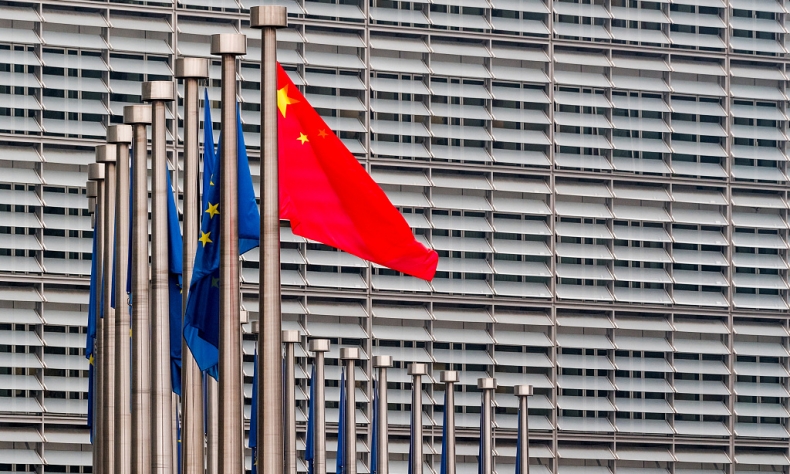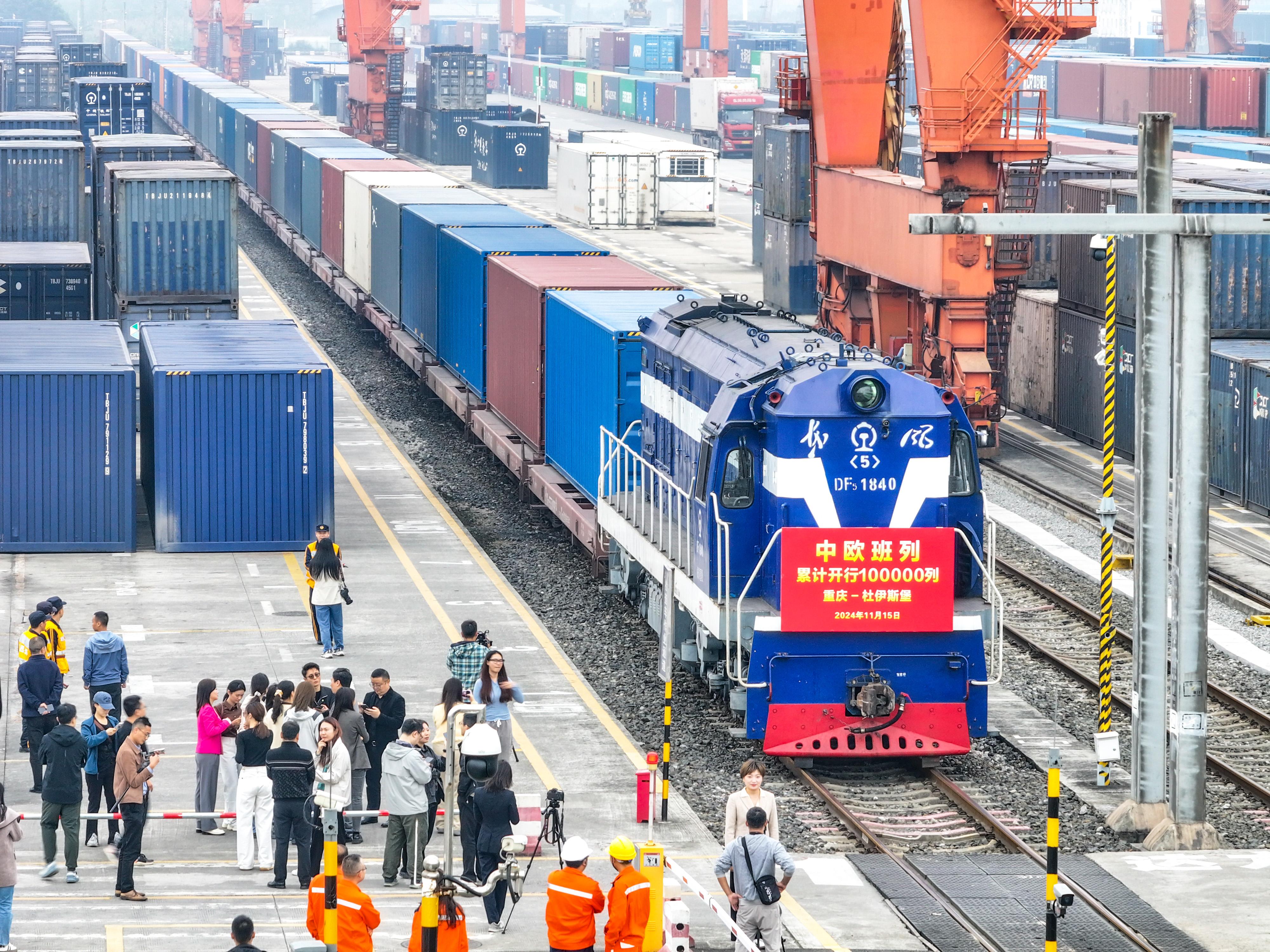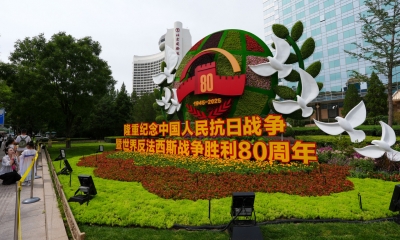Fifty Years On: Recommitting to EU-China Cooperation in an Age of Economic Uncertainty

EU-China relations, despite their complexity, remain indispensable. In this anniversary year, the focus must not be on nostalgia, but on renewal and possibility.
This year marks the 50th anniversary of diplomatic relations between the European Union and China – a milestone that calls for both reflection and a renewed commitment to cooperation. Since the establishment of formal ties in 1975, the EU-China relationship has evolved into one of the world’s most significant economic partnerships, built on mutual interest, trust and deepening interdependence. Today, however, this relationship enters a new phase, one shaped by both challenges and opportunities.
The return of Donald Trump to the White House has sent tremors through the global economy. In a sharp escalation, the United States has imposed coercive tariffs of 145 percent on Chinese imports, citing the protection of American industry and concerns over long-standing trade imbalances. Europe has not been spared: the EU has been given a 90-day window to negotiate trade concessions or face an increase in tariffs to 20 percent. For now, the EU exports to the U.S. are subject to a 10 percent tariff, but the possibility of further escalation casts a shadow over European capitals.
In this context of uncertainty, the relationship between the EU and China has become even more critical. Encouragingly, both sides have taken important steps in recent months to strengthen ties and reaffirm their shared interests. In April, European Commission President Ursula von der Leyen held a constructive phone call with Chinese President Xi Jinping, highlighting the importance of balanced, stable relations. Soon after, Spanish Prime Minister Pedro Sánchez visited Beijing, underlining Europe’s continued interest in cooperation across a wide range of sectors – from climate action and technological innovation to global development and economic resilience.
Naturally, the relationship between the EU and China has deepened and matured over the past fifty years. Today, it is guided by a framework that recognises its multifaceted nature – partnership, competition and, at times, systemic differences. This balanced assessment, first set out by the European Commission in 2019, reflects a more comprehensive understanding of the relationship: one that embraces cooperation while also engaging constructively on areas of divergence.
Within this dynamic, cooperation remains not only possible but essential. Shared global challenges – such as climate change, public health and scientific innovation – require precisely the kind of pragmatic collaboration that the EU and China, as major global actors, are uniquely positioned to offer. In areas like green finance, renewable energy and decarbonisation, their combined leadership can deliver meaningful global impact.

At the same time, healthy economic competition continues to play a role in shaping the relationship. Europe’s efforts to increase resilience in key sectors – such as critical raw materials and advanced technologies – are part of its wider ambition to build strategic autonomy. China, in turn, is advancing its own path of high-quality development and domestic innovation. These parallel pursuits need not lead to confrontation; rather, they can open space for complementary growth and a more balanced trading relationship.
Differences in governance models, regulatory approaches and societal values naturally exist between the two sides. However, such differences need not define the relationship. Through open dialogue and mutual respect, the EU and China can manage disagreements while still expanding areas of consensus. The ability to engage frankly yet constructively is a mark of a mature partnership.
The economic foundation for that partnership remains robust – in 2024, trade between the EU and China reached over €700 billion. This interdependence remains significant, with China being the EU’s largest trading partner for imports and the third-largest partner for exports. Despite short-term fluctuations, the long-term trend reflects the deepening economic ties between both sides.
At a time when multilateralism faces headwinds and the rules-based trading system is under pressure, the EU and China share a responsibility to uphold economic openness and global cooperation. Efforts to reduce risk must be carefully calibrated to avoid drifting into protectionism or disengagement. In this respect, the EU’s pursuit of “de-risking” should remain firmly anchored in dialogue and transparency – goals China has consistently expressed its support for.
Looking ahead, there are numerous opportunities to deepen cooperation in the third markets further, particularly in Africa, Latin America, and Southeast Asia, where China and Europe can complement each other’s strengths in infrastructure, finance, and governance standards. Moreover, people-to-people diplomacy – from academic exchange to cultural collaboration – can help build the mutual understanding that will sustain the relationship in the decades to come.
As the world faces a new period of instability – economic, geopolitical and environmental – the need for stable, constructive partnerships is more pressing than ever. EU-China relations, despite their complexity, remain indispensable. In this anniversary year, the focus must not be on nostalgia, but on renewal and possibility. If Brussels and Beijing can navigate this turbulent moment with pragmatism, mutual respect and ambition, they can not only protect their shared interests, but demonstrate that cooperation across differences is still possible – and still powerful – in shaping a more stable global order.
The article reflects the author’s opinions, and not necessarily the views of China Focus.
 Facebook
Facebook
 Twitter
Twitter
 Linkedin
Linkedin
 Google +
Google +







